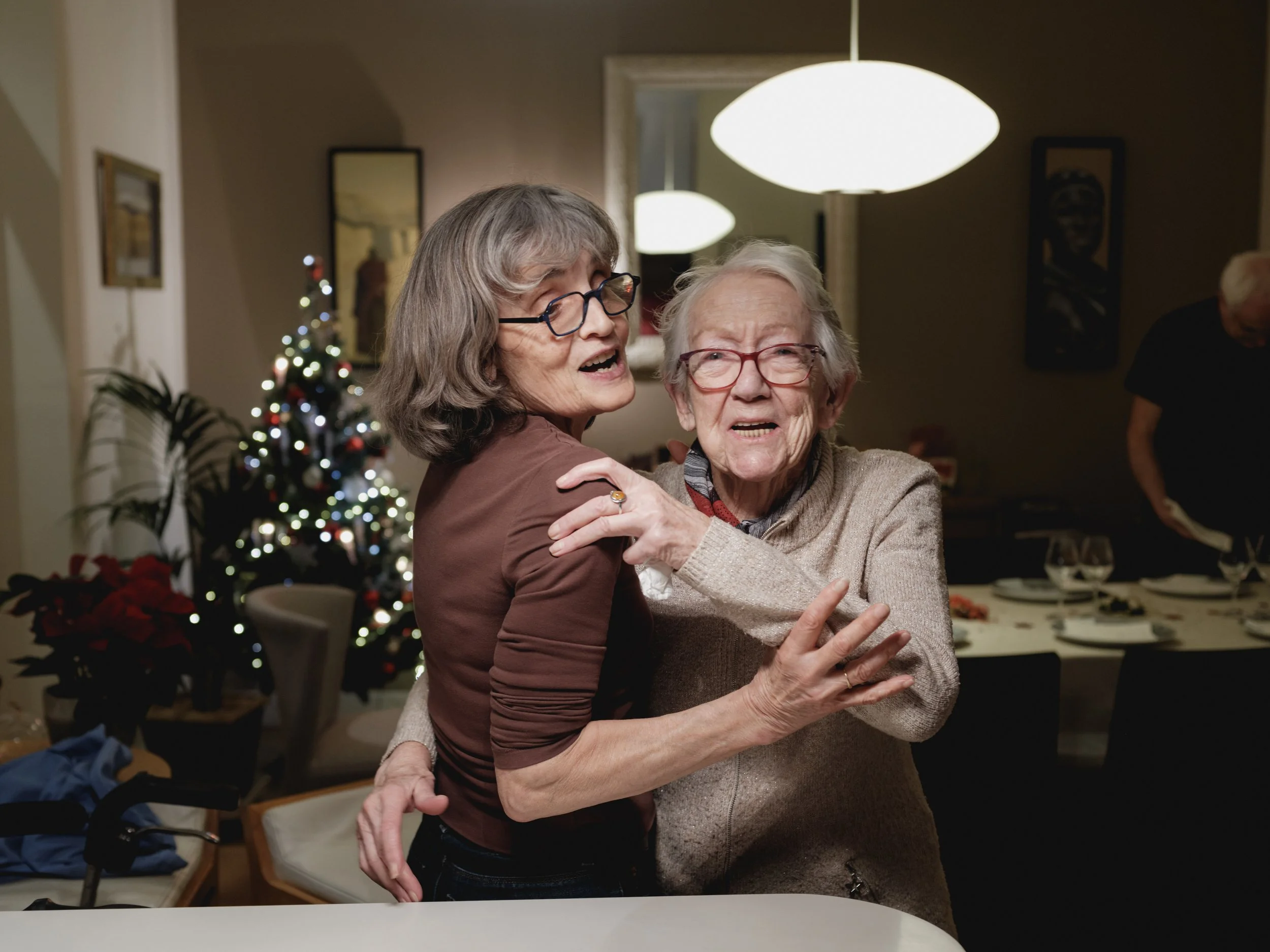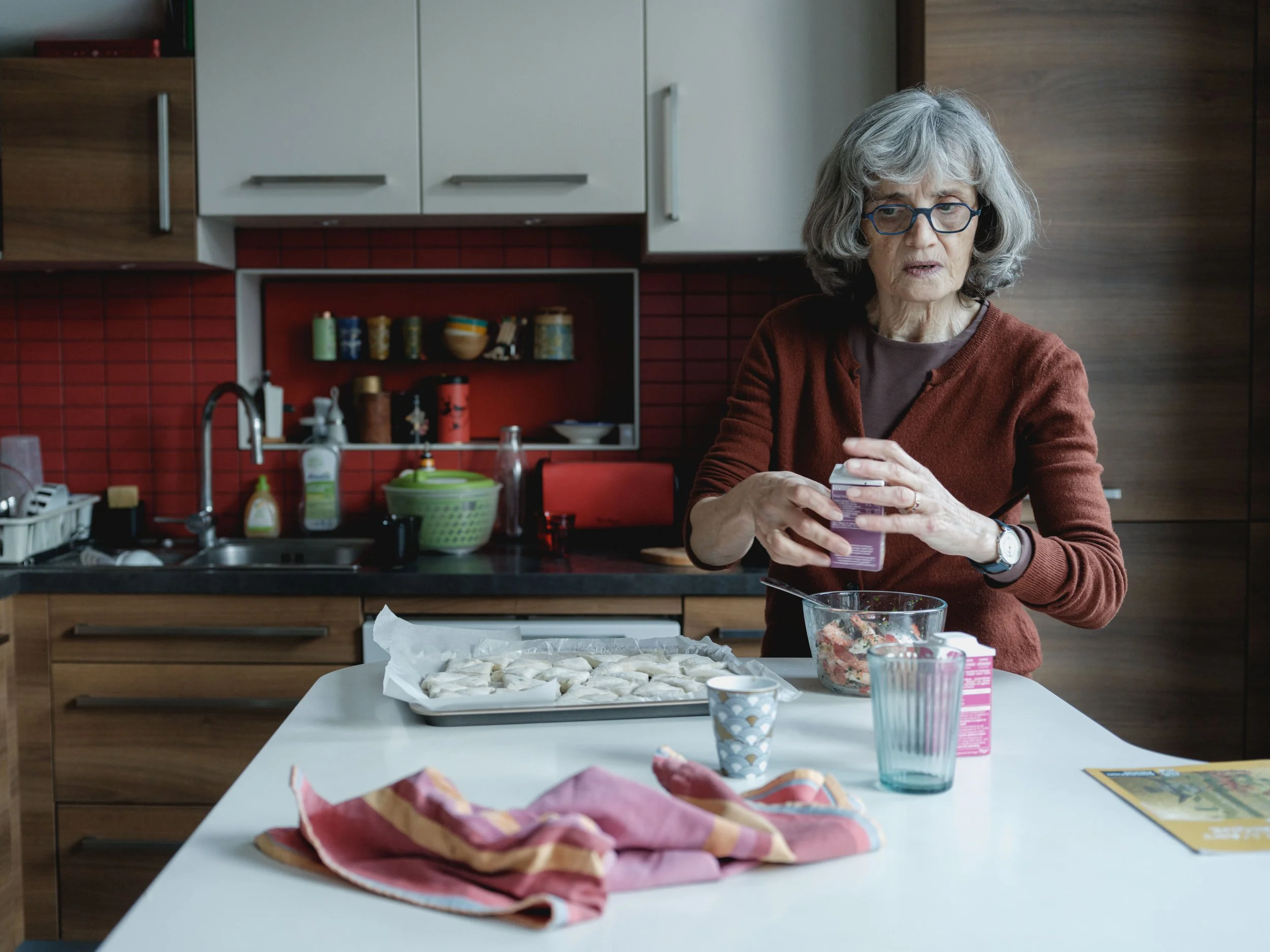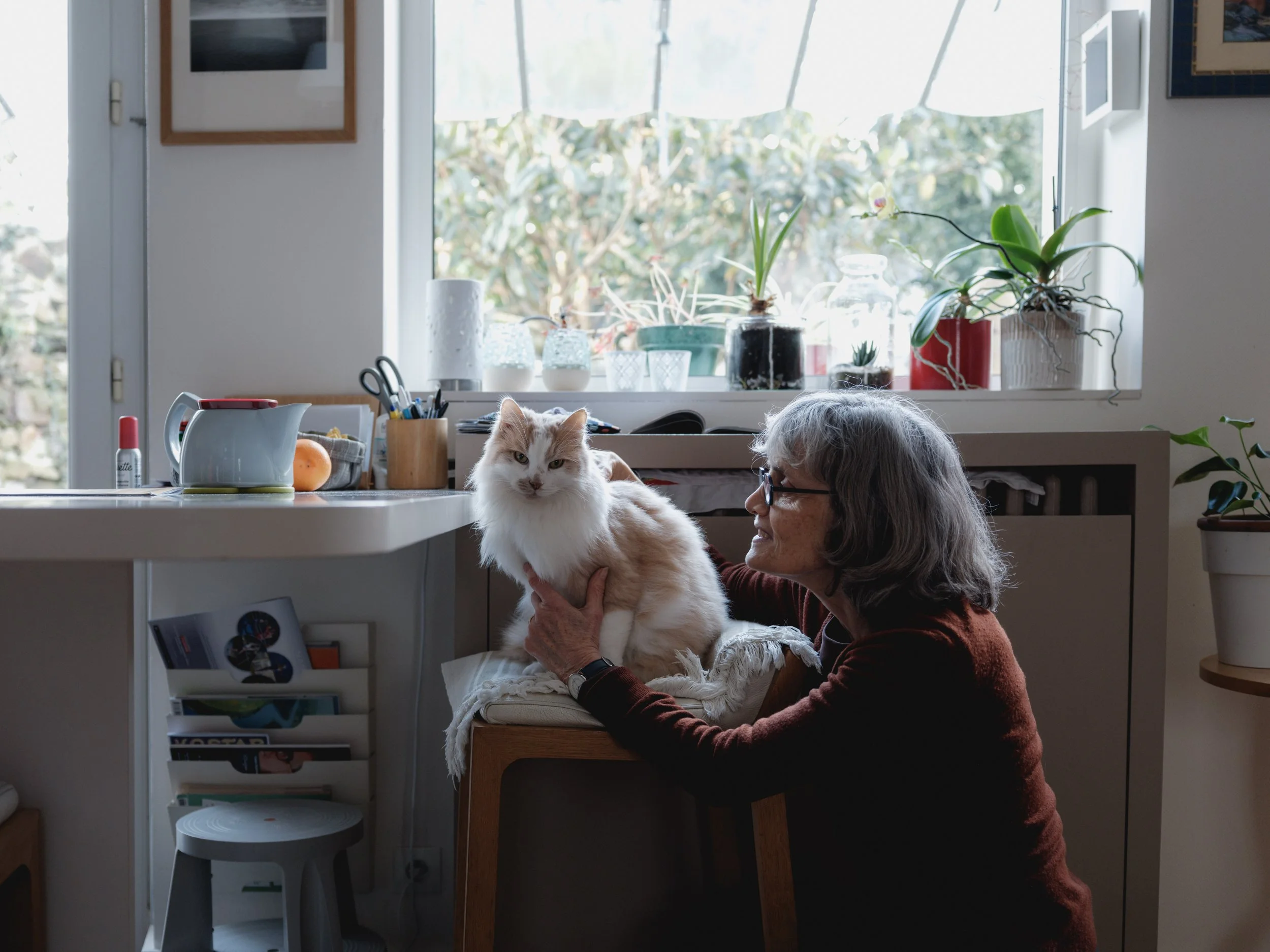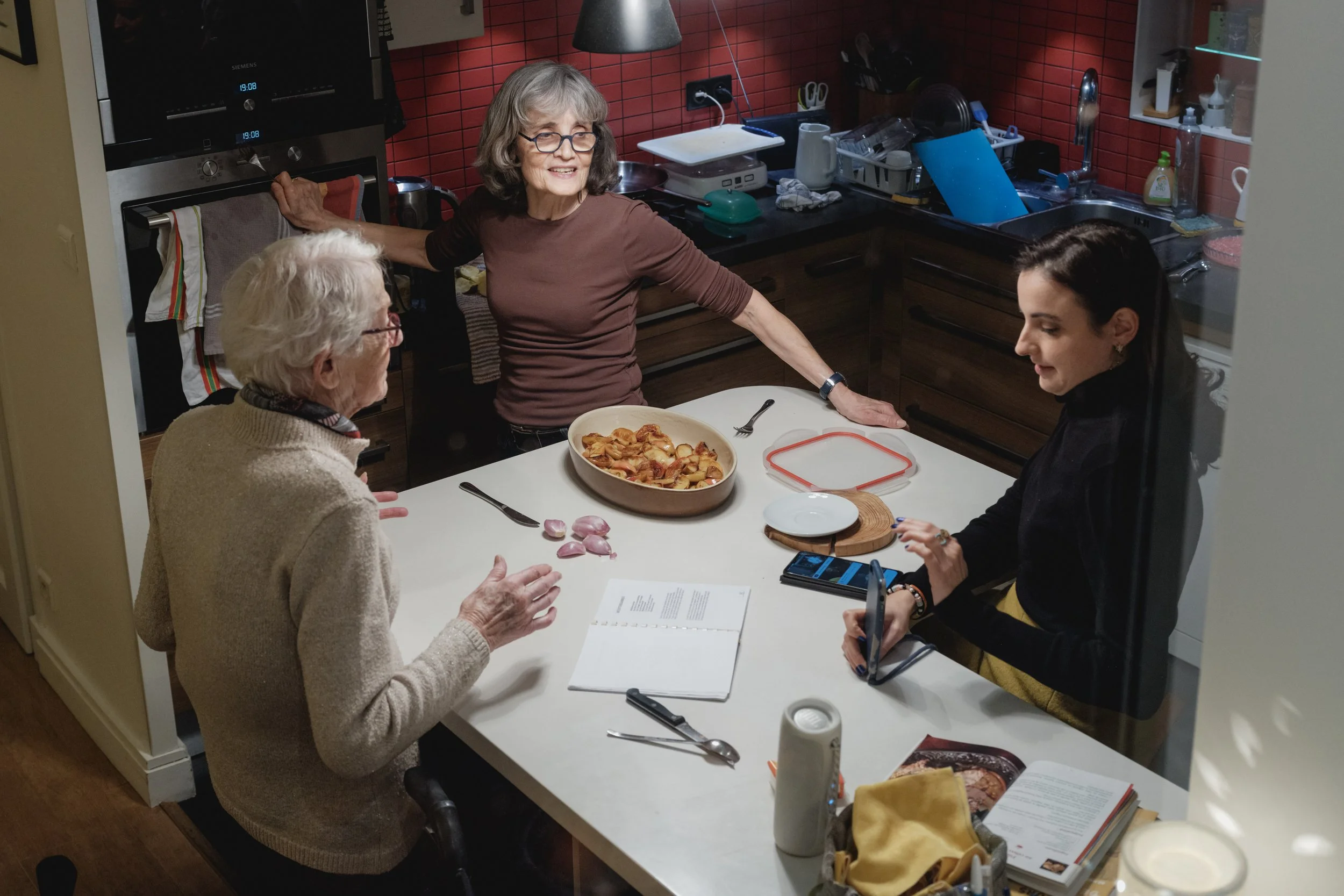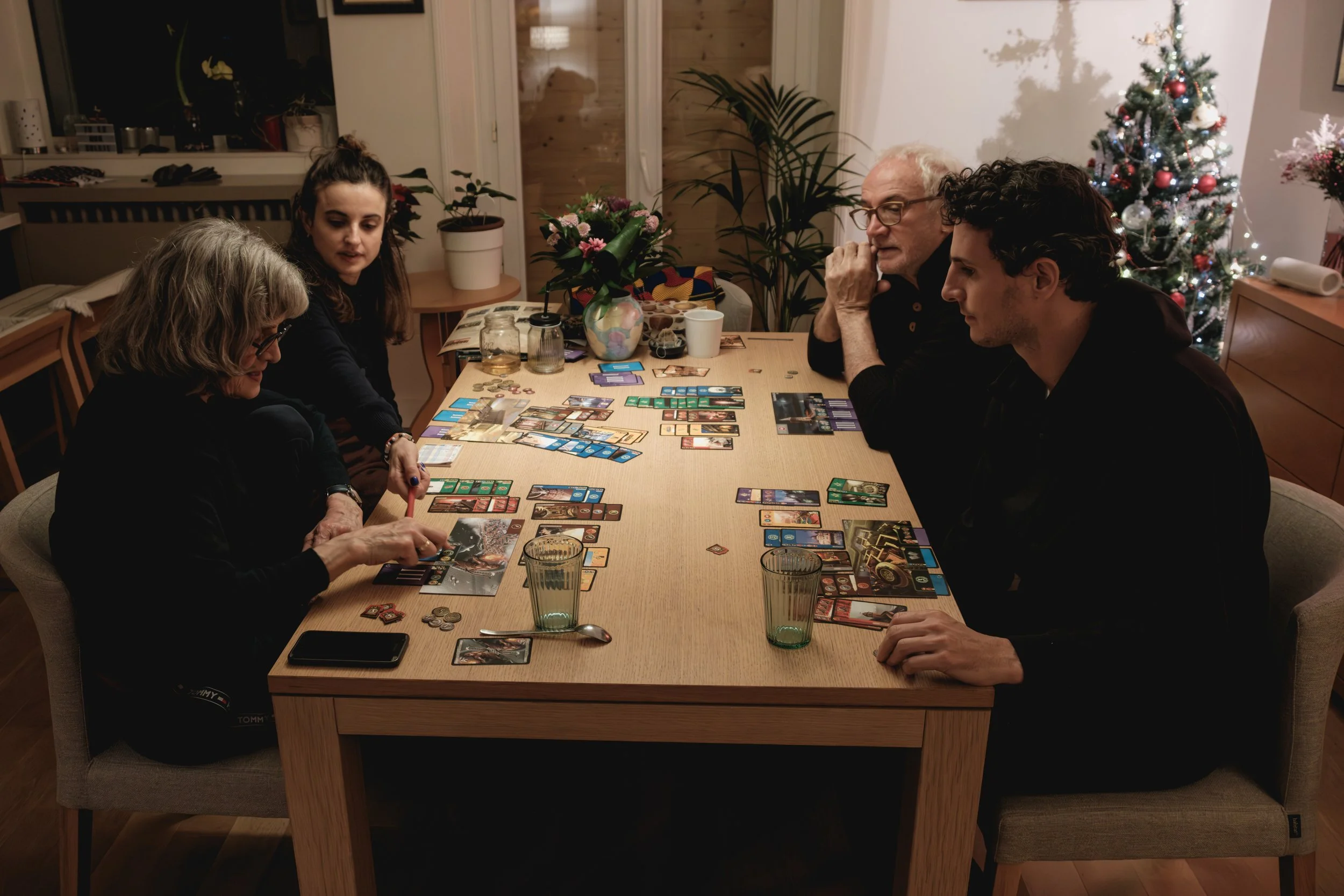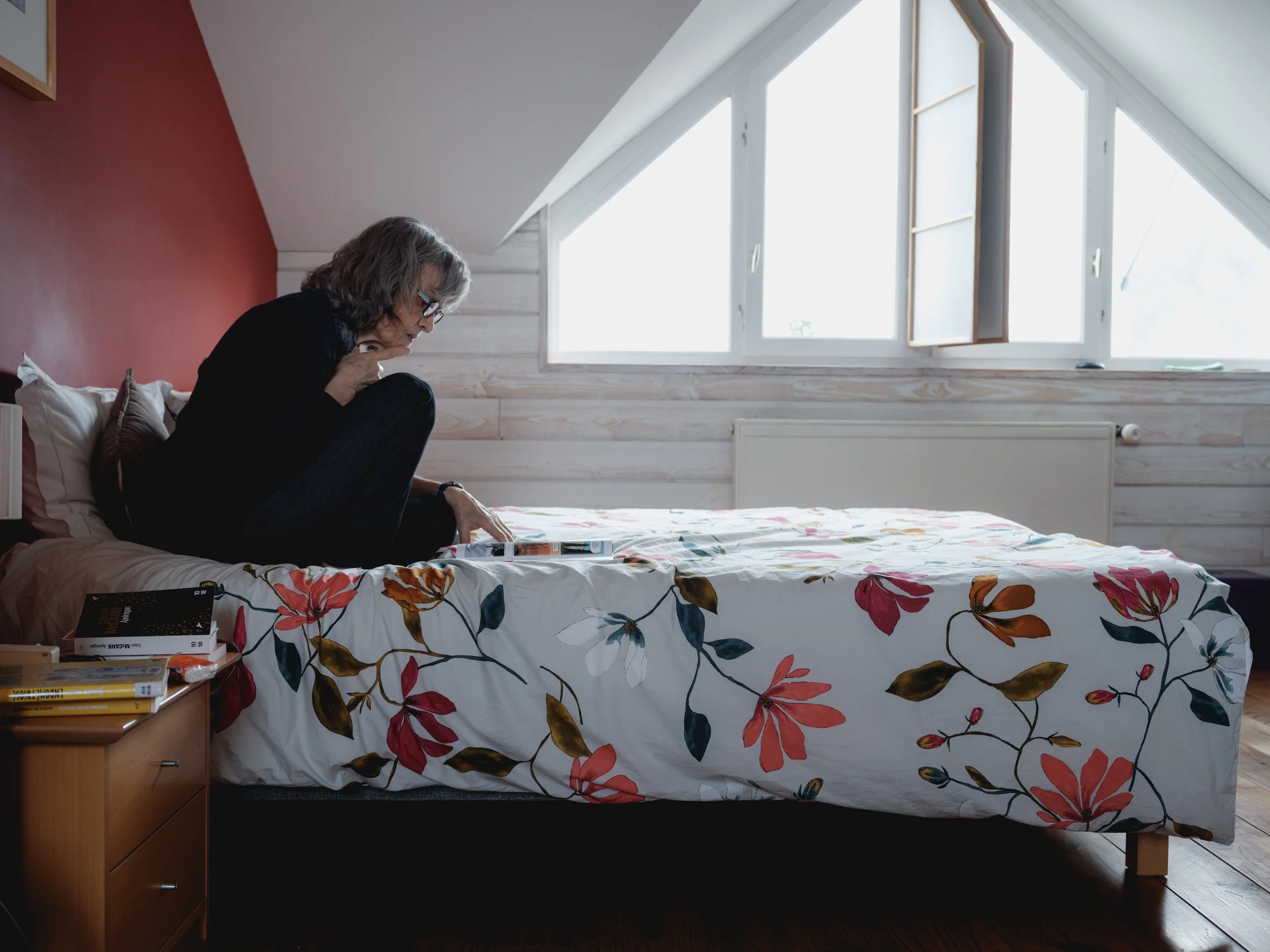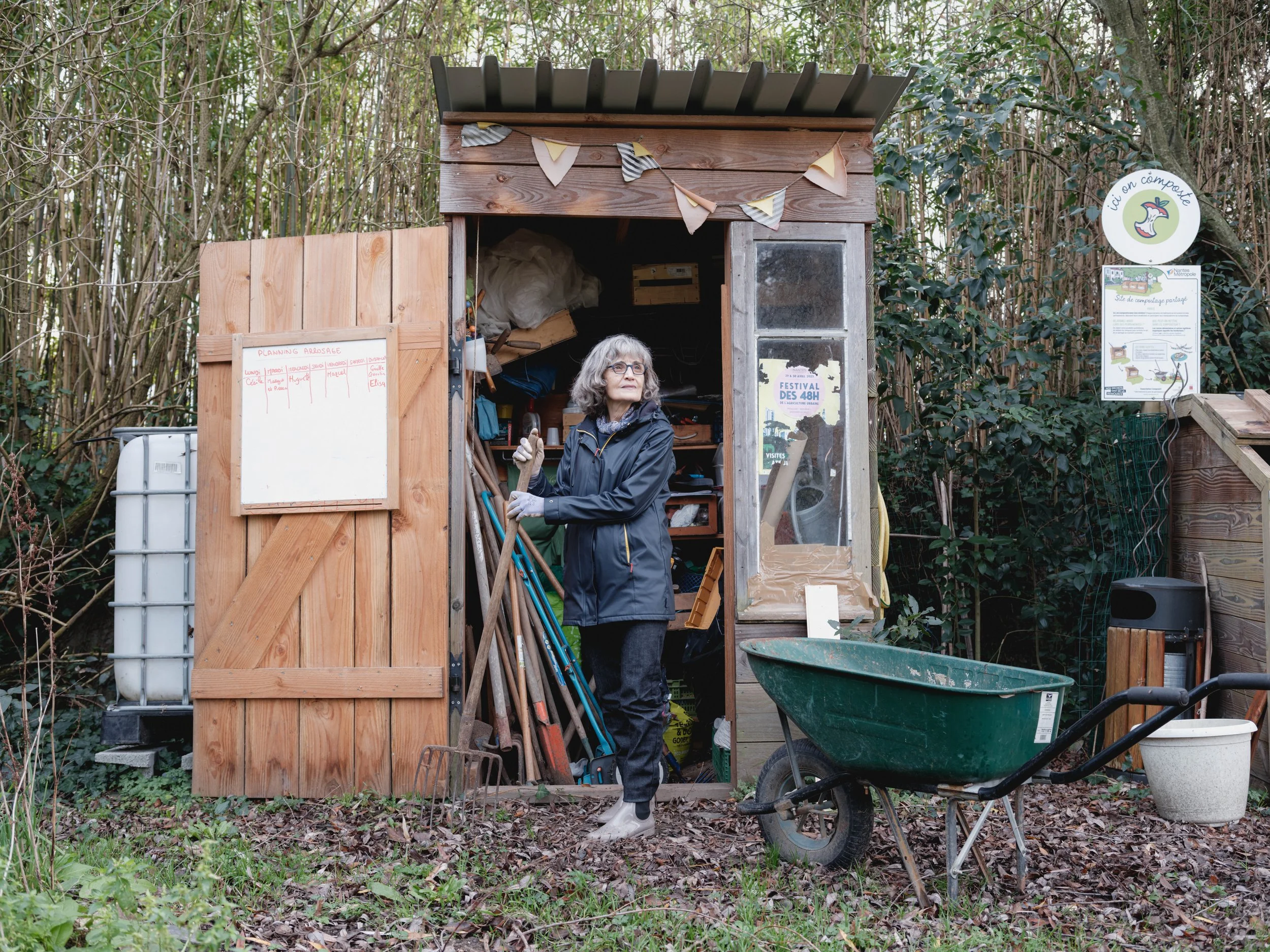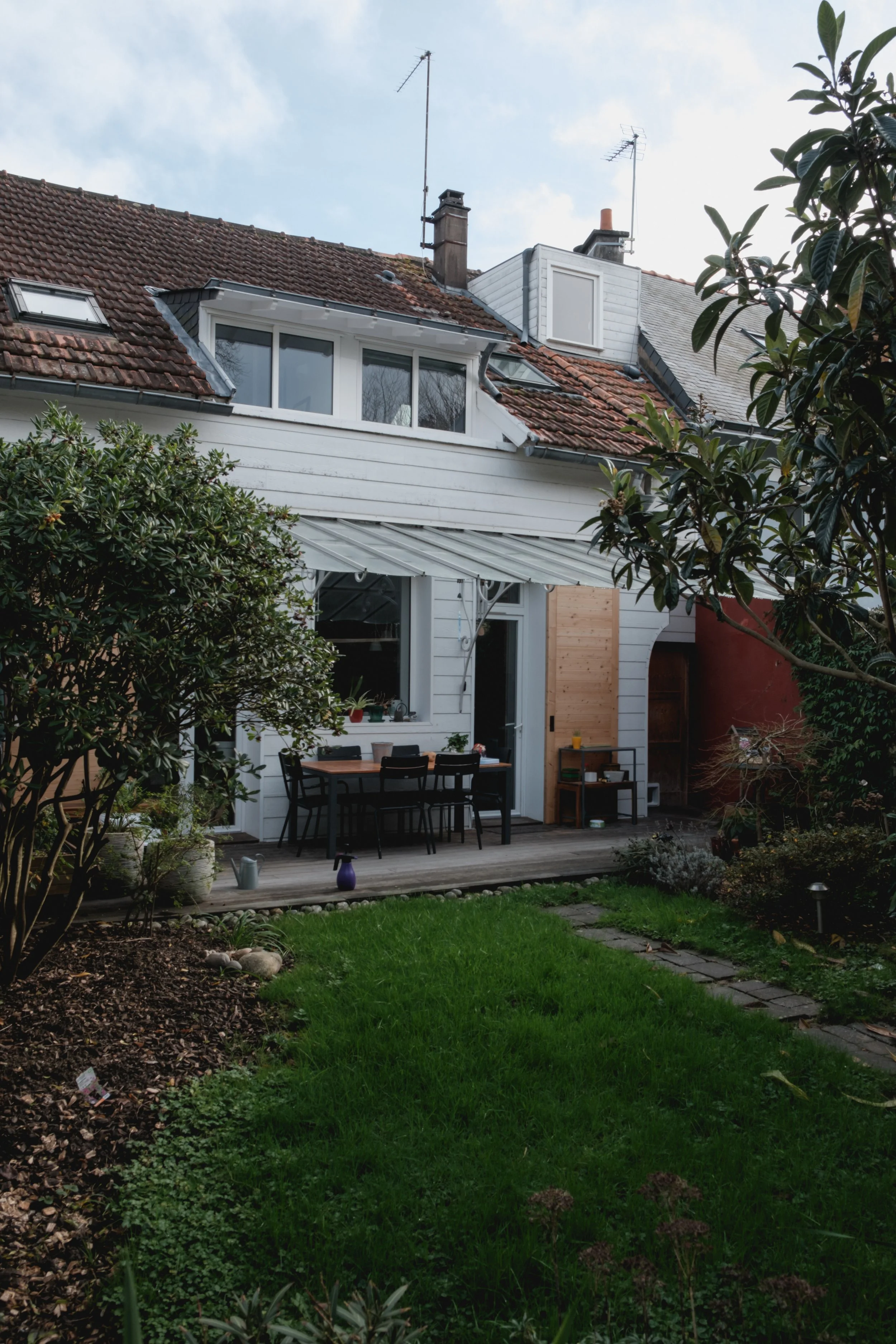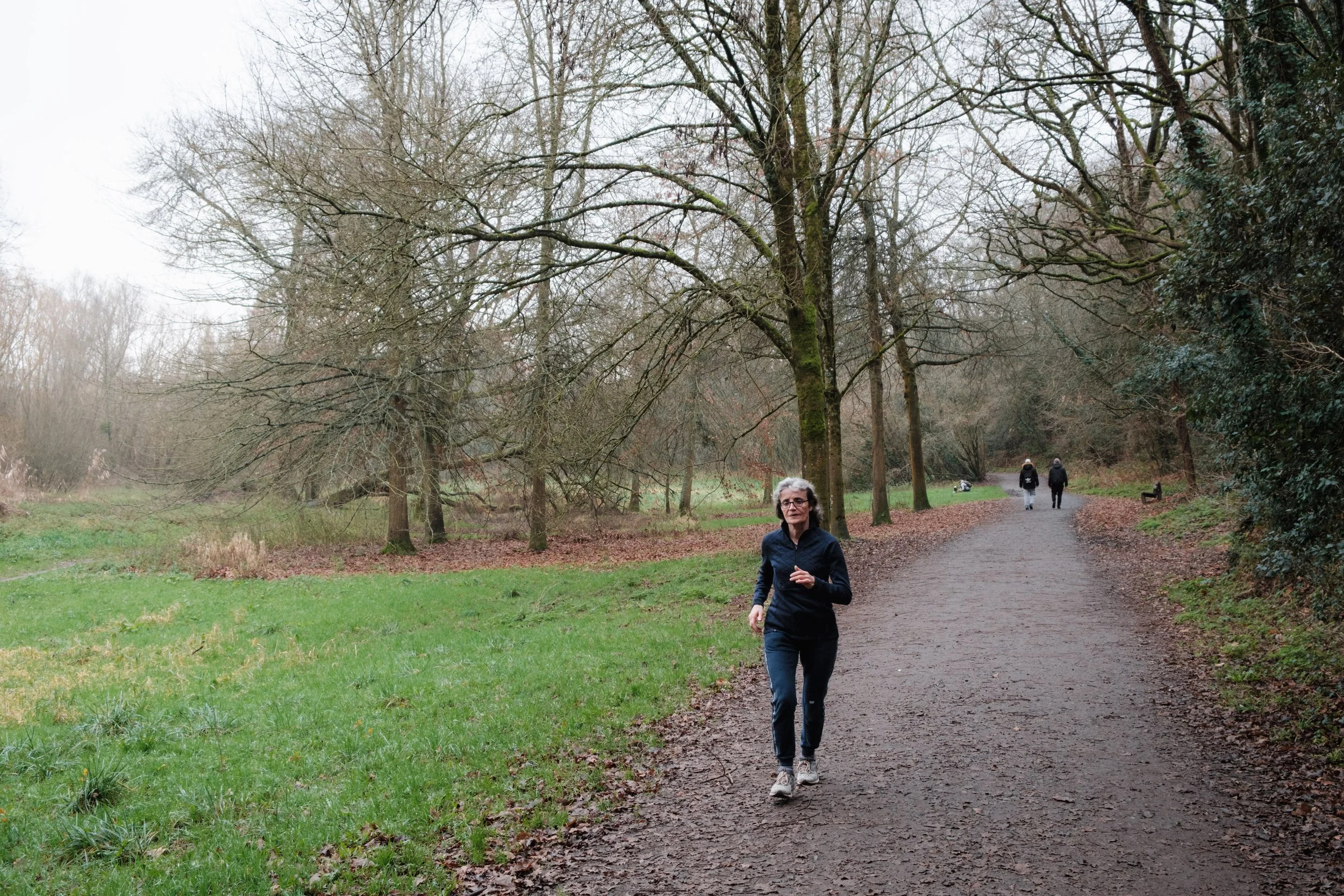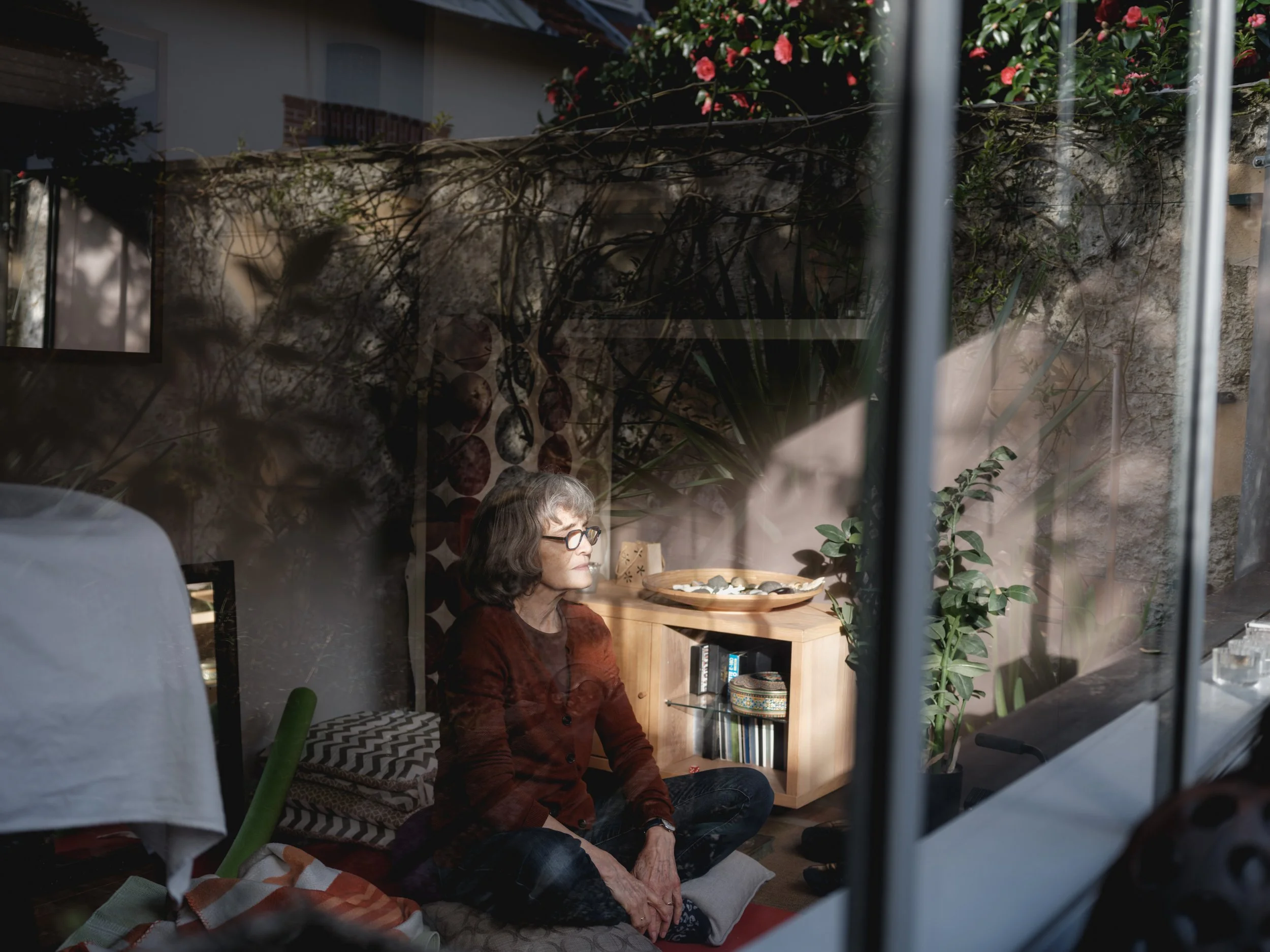Beyond retirement: A legacy of caring
About the '1 in 6 by 2030' project
1 in 6 by 2030 is a global, collaborative project that brings together photographers from around the world to put a human face on one of the most important "statistics" of our time — the fact that by the year 2030, 1 in 6 people in the world will be over the age of 60.
In the second chapter, which explores the significance of the fact that workers over the age of 55 are set to equal one-quarter of the global labour force by the year 2030, I contributed a story on my mom and what her recent retirement meant for her. Living 10,000 km away from my family is definitely challenging at times, and it was very meaningful for me to be able to connect with my mother through photography and writing during my Christmas visit. Photography is also about coming home.
Although I may not be the most objective or in the best position to make this claim, Marie-José, my mother, is the embodiment of altruism. She has always, as far as I can remember, prioritized others' needs over her own.
However, this doesn't mean she has sacrificed her values and convictions in the process. My mother worked as a business assistant until 2000. At the age of 40, at the turn of the new century, she enrolled in nursing school and chose a path that allowed her to align her values with her professional life. It was a bold but fruitful decision, adding meaning, working with peers in need of care, satisfying a need for social recognition, and confronting the essence of life—she has been fortunate to experience it all.
Yet, her new calling also proved both physically and psychologically exhausting due to the daily confrontation with death, pain, and the sharing of intense life journeys, leaving one neither indifferent nor unscathed. The COVID-19 situation added a new layer of difficulties, which were destabilizing and made her confront certain realities opposed to her vision of care. Patients who found themselves isolated were visibly deteriorating, and there was a loss of any critical sense regarding official precautions to limit the transmission of the virus, leading to significant production of waste and confusion among healthcare personnel. It was time to move on.
But one cannot go against one’s true nature. Whether supporting her daughter in her demanding professional journey, hosting a young Afghan migrant at home during the school period, or organizing a Christmas party for her mother at the retirement house, I observed my mother doing what she does best during my short Christmas trip home: being a caregiver, as she always has been and always will be.
Why did you retire?
Due to the difficulties I had to face during the COVID situation and because I felt my time as a nurse had come to an end, I chose to retire earlier than planned, at the legal age of 62. After a challenging period of doubt and introspection, grappling with a bout of depression, I began to see the benefits of my decision, materializing in newfound lightness, the freedom to organize my schedule as I please, and to welcome whatever comes my way. Time is not a constraint anymore; time is no longer money, it's a luxury that I savor every day and try not to saturate.
Sport has reclaimed its central place in my routine, serving as my fountain of youth and a cornerstone of my well-being. I am also actively engaged in various NGOs, placing ecology and environmental concern at the heart of my commitments and lifestyle. I remain constantly eager for new learnings and maintain a personal sanctuary in the form of a monthly writing workshop. I try to find solace from the world’s news through meditation, and cultivate my sense of lightness by attending shows or transforming into a Sunday gardener in a shared garden.
Find the published article here.

